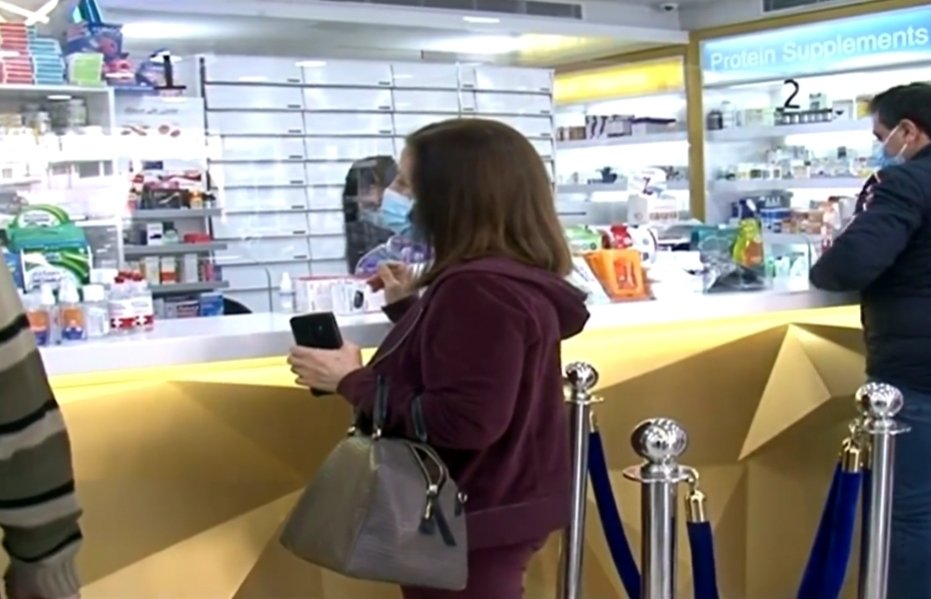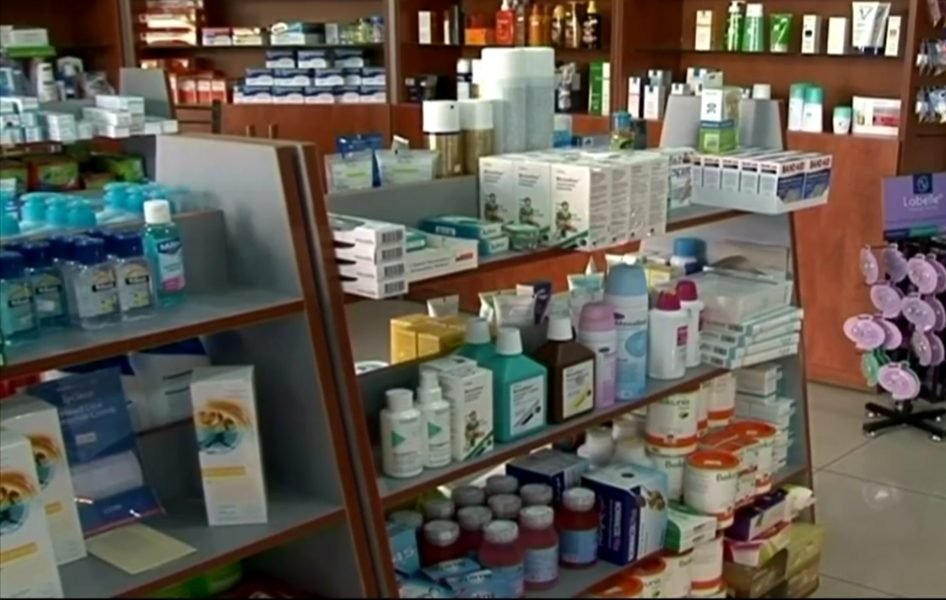
It was only a couple of years ago when my career as a pharmacist wasn’t of major importance to the Lebanese people. I was seen as an employee in a community pharmacy dispensing prescribed drugs and recommending some over-the-counter drugs to treat minor illnesses. However, after almost two years of tragedies that undermined the economy of this tiny Mediterranean country, things have changed radically. I am now the acquaintance that people rely on to make the needed drug available despite the overwhelming shortage in supply.
Since the October 2019 revolution in Lebanon, the hidden failures of 30-year-old corrupt economic policies have become gradually tangible. The Lebanese lira started to lose its worth against the US dollar in the black market, and it is now worth 13 times less. These dramatic changes in the economy took their toll on the health sector as well, leaving the drug importing companies desperate to find foreign currency to be able to buy the stock demanded by the Lebanese market. To overcome the currency issue in the drug supply, the government had adopted a subsidy policy which obliges the Central Bank to provide the drug importers with the foreign currencies from the national savings at the official low rate so that the drugs can be categorized as “supported” products and sold to the people at their original low prices. However, this solution was never a sustainable one. The drug prices remained unchanged for a year or so, but now that the Central Bank’s resources are depleted, drugs can no longer be sold at low prices.
There were also serious delays in the currency transactions that the Central Bank made to the importers. When a company needed a certain amount of US dollars to purchase drugs from a foreign country, it had to wait for weeks or months to receive the needed amount from the Central Bank, delaying the imports and creating a shortage.
Many other factors also contributed to aggravating the drug shortage including:
- the COVID pandemic and the virus’ uncontrolled spread in Lebanon especially before the introduction of the vaccines. This led to an exponential increase in the demand for certain drugs like corticosteroids, which caused a long-term shortage in these types of medications.
- the Beirut Port blast of August 2020, which hit the economic trachea: the country’s main port that kept the economy “breathing.” And since most of the drugs are imported, the explosion at the port meant the destruction of at least one year’s drug supply.
- the population increase in Lebanon due to the influx of refugees after the war in Syria, which led to increases in drug demand.
- the shortage in fuel oil, which affected the transportation of drugs to local pharmacies.
- the reliance of the Lebanese drug market on imported drugs rather than on local drug production.
Now, how did the pharmacists who own pharmacies in Lebanon react to this shortage? Many couldn’t remain in business, since the drop in sales due to drug scarcity and the low prices of the drugs on the one hand, and the inflation that hit the country on the other, made operating the pharmacies difficult. Other pharmacists continue to exploit the situation, selling their stocks of “supported” drugs at much higher prices or in exchange for foreign currency, in Lebanon or even in other countries, monopolizing the business in their neighborhoods. There are also the pharmacists who remain loyal to their oath and serve their patients with the available generics in the market. However, not every drug demanded has its generic version produced by the Lebanese drug industry. Some others refuse to sell their current stocks, waiting for the subsidy to be totally removed and the drugs to be sold at the black-market rate. Many pharmacists adopted a policy that is a hybrid of the aforementioned approaches.
Currently, the subsidy is being gradually lifted from over-the-counter drugs. However, drugs used for chronic illnesses are still supported and sold at a lower rate. We as pharmacists wake up every day to a new decision to grasp and apply. The sector is chaotic, the salaries of employees are still low and not increasing with the surge in the prices, since the purchasing power of the customers is not on par with the price hikes. Even more chaotic days are ahead for the healthcare system in general, because social security and private insurance will not be able to provide patients with meaningful coverage for drugs whose prices have spiked because they are no longer subsidized. The total removal of the subsidy will make the patients pay two-thirds of their own salaries to buy a monthly pack of their medication, and that, of course, if the drug is still available at the pharmacies.




Be the first to comment